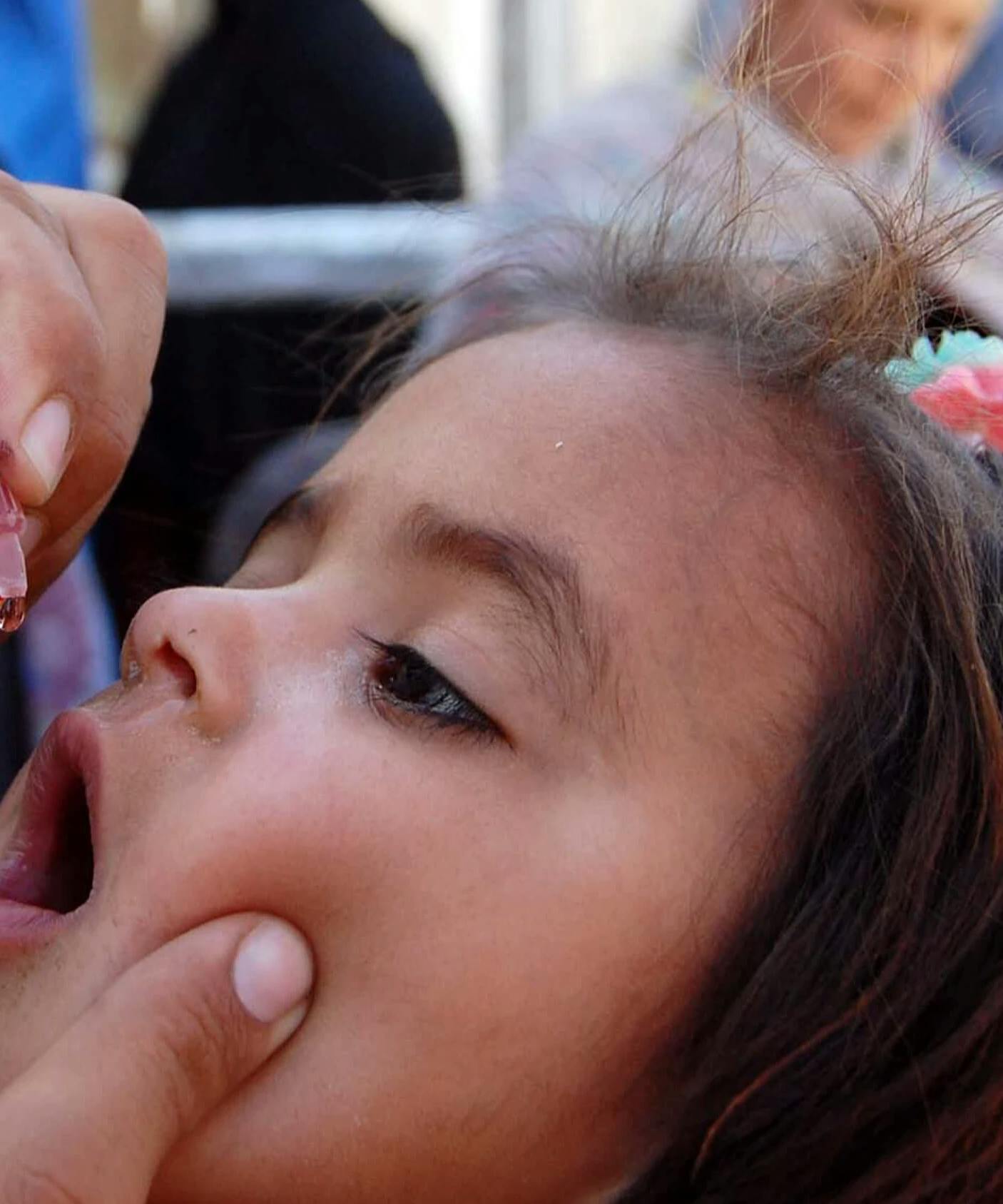More Polio Cases Are Being Caused By The Vaccine Than By The Virus Itself
Amid the buzz surrounding the possibility of a COVID-19 “vaccine” (and potentially its creation before the end of this year), a quieter but nevertheless important conversation surrounding vaccines is being had.

It began in August when the World Health Organization (WHO) announced it had effectively eradicated "wild" polio in Africa through its dedicated health initiatives over the past four years.
Then, in September, another announcement — which seems to have escaped the attention of the public for the most part — was released, indicating a number of cases of “vaccine-derived” polio in Sudan. So how does a region labeled effectively virus-free only a month before suddenly see a rise in cases?
The Polio Vaccine
Polio is a paralyzing and sometimes fatal virus that most notably took hold in the early 20th century before the widespread use of its vaccine.
Polio can be spread through oral or nasal secretions, and it can cause inflammation of the spinal cord, which can leave those affected paralyzed. President Franklin Delano Roosevelt famously had polio and delivered many of his White House addresses from his wheelchair.
Polio can spread through oral or nasal secretions, and it can cause inflammation of the spinal cord.
The Centers for Disease Control and Prevention (CDC) indicates that there are two types of polio vaccines currently in use. The inactivated polio vaccine, or IPV, has been used in the U.S. since 2000 and is recommended for children in four doses, at 2 months old, 4 months old, 6-18 months, and 4-6 years of age.
The second vaccine type is the oral poliovirus vaccine (OPV). The CDC explains that this vaccine type “is no longer licensed in the U.S.” but is still used in many other areas of the globe. Though both are believed to be equally effective in preventing contraction of the poliovirus, it was the OPV which was used to vaccinate children in the African countries currently seeing cases.
Misinformation or an Elaborate Cover Up?
The latest outbreak of polio has forced the WHO to amend its previous statement. While they’ve now eradicated cases of “wild” poliovirus, the outbreak of vaccine-derived cases remains.
The United Nations has now released statements linking the recent cases in several Sudanese states to a vaccine-derived outbreak circulating in nearby Chad and Cameroon. Zambia, Angola, Congo, and Nigeria are also seeing a rise in the number of cases.
The UN released statements linking the recent cases in several Sudanese states to a vaccine-derived outbreak.
However, a WHO spokesman said the claim that the number of cases is related to the vaccine is wrong, instead claiming that the outbreak is a side effect of “low vaccination coverage” and “immunity gaps,” and is not vaccine-related. If that’s indeed the case, wouldn’t a world-renowned institution like the United Nations be quick to correct themselves?
The WHO then attempted to clarify: “On rare occasions, if a population is seriously under-immunized, an excreted vaccine-virus can continue to circulate for an extended period of time.” Meaning, in fact, the new outbreaks are vaccine-related…
The “Gates” Vaccine and the Ethics of Public Health Institutions
WHO-backed media sites have been quick to blame the criticism surrounding the crisis as conspiratorial and as “misinformation." They’ve also been quick to defend the WHO’s second-largest donor, Bill Gates.
Since the very mention of a COVID vaccine, Gates has been embroiled in talks around its potential creation and distribution, on the basis of making healthcare accessible and affordable to all.
A noble motivation, to be sure, for the man who Politico recently deemed “the world’s most powerful doctor.” But Gates isn’t a doctor — he’s a billionaire with an agenda.
Gates’ priorities have become the WHO’s; almost 25% of WHO’s budget has gone to eradicating polio.
As Natalie Huet and Carmen Paun for Politico explain, “Say his critics, Gates’ priorities have become the WHO’s. Rather than focusing on strengthening health care in poor countries — that would help, in their view, to contain future outbreaks like the Ebola epidemic — the agency spends a disproportionate amount of its resources on projects with the measurable outcomes Gates prefers, such as the effort to eradicate polio.”
Almost a quarter of WHO’s budget has gone to eradicating polio, but if the UN is to be believed at least, the project has caused way more problems than it’s solved.
Closing Thoughts
The media coverage surrounding this outbreak — and more importantly its genesis — has been shady at best and intentionally misleading at worst.
We’ve been asked to believe that a reputable public health institution, who only wants to involve themselves further in our own lives should a COVID vaccine be created, has pure, harmless intentions, and with the backing of the Gates Foundation, can change the world for the better.
But that’s not what we’re seeing, is it? Increased awareness of the unfortunate circumstances in Africa, and specifically the info we’re being fed in that instance, give us the perfect lens through which to monitor how these power-players intend on using their influence with regards to COVID, here in the U.S. and beyond.